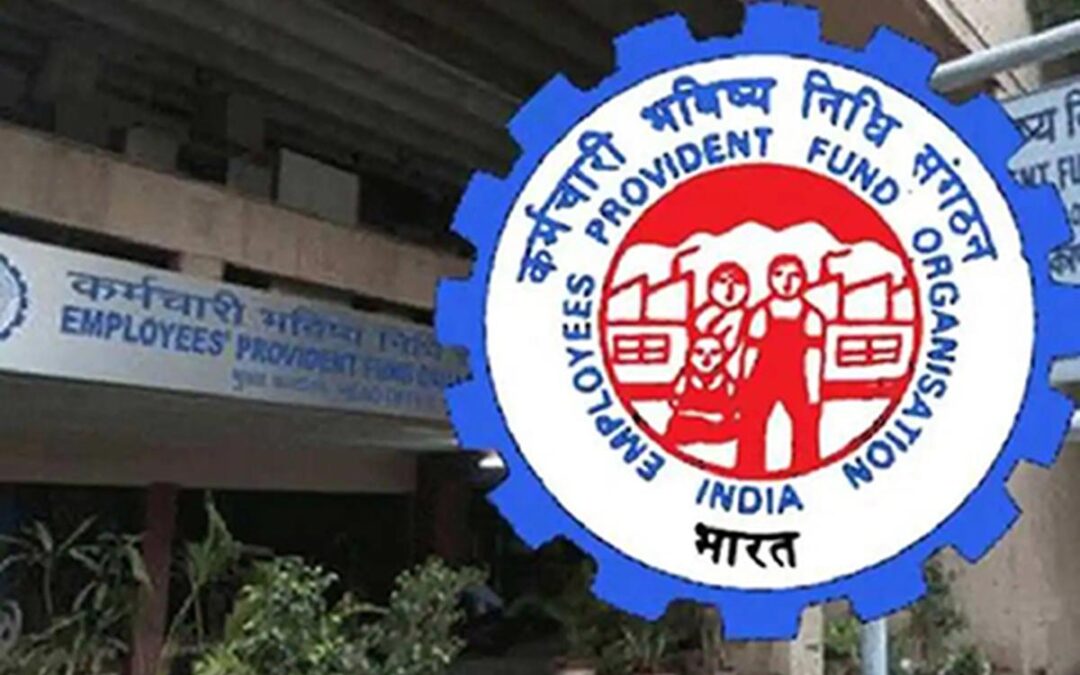At present, 96 per cent corrections are being done without any EPF office intervention, and over 99 per cent claims are received through online mode
New Delhi: Retirement fund body EPFO settled a record number of 21.6 million claims through the autonomous process in the current financial year till March 6, which was more than double the figure of last fiscal, Parliament was informed on Monday.
In the previous financial year, the EPFO (Employees’ Provident Fund Organisation) had settled 8.952 million claims.
Now, 60 per cent of advance (withdrawal) claims are processed through auto mode, said Minister of State for Labour & Employment Shobha Karandlaje in a written reply to Lok Sabha.
The minister said the limit for processing of advance (part withdrawal) claims through auto mode has also been enhanced to Rs 1 lakh.
In addition to illness/hospitalisation related claims, partial withdrawals for housing, education and marriage have also been enabled under auto mode, the minister told the House, adding that claims under the auto mode are processed within three days.
EPFO achieved a historic high of 21.6 million claim settlement as on March 6, 2025 during the current financial year, up from 8.952 million in FY 2023-24, the minister said.
Besides, the process of correction in member details has been simplified, and members having Aadhaar-verified UANs can make corrections themselves, without any EPFO interventions, she told the House.
At present, 96 per cent corrections are being done without any EPF office intervention, and over 99 per cent claims are received through online mode.
As on March 6, 2025, 71.4 million claims have been filed through online mode.
In transfer claim submission requests, the need for employer’s attestation of Aadhaar-verified UANs has been done away with.
Now only 10 per cent transfer claims require member’s and employer’s attestation. The requirement for submitting a cheque leaf with the claim form has also been relaxed for KYC-compliant UANs meeting prescribed criteria.
EPFO has also provided de-linking facilities to the members whose EPF accounts have been erroneously/fraudulently linked by any establishment.
Since its launch on January 18, 2025, more than 55,000 members have de-linked their accounts till the end of February 2025.Certain upfront validations have been developed to guide members about eligibility/admissibility of claims so as to ensure that members do not file ineligible claims.

